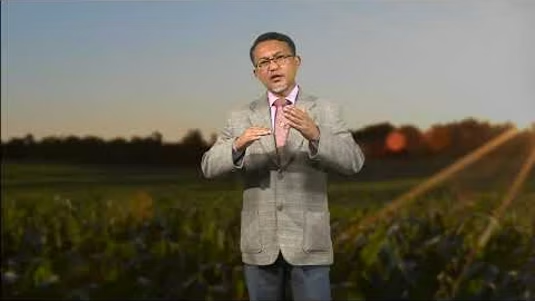Fundamentals of Rural sociology and Educational Psychology free videos and free material uploaded by IGNOU Staff .
Week 1:
Sociology and Rural sociology, extension education, agricultural extension –meaning and definitions.
Importance of rural sociology in agricultural extension and their interrelationship
Characteristics of Indian rural society differences and relationships between rural and urban societies
Social group(s) – classification – formation and organization of groups and role of social groups in agricultural extension
Interaction/Discussion
Week 2:
Social stratification – meaning – forms – class system and caste system.
Culture and different cultural concepts and their role in agricultural extension
Social values, social control and attitudes – types and their role in agricultural extension
Leadership – meaning – classification of leaders – roles of a leader and different methods in selection of a leader
Interaction/Discussion
Week 3:
Training of leaders – lay and professional leaders
Leadership and agents of agricultural extension
Fundamentals of Educational Psychology and its relation to agriculture extension.
Intelligence – meaning – types – factors and importance in agricultural extension.
Interaction/Discussion
Week 4:
Personality – meaning – types – factors and importance in agricultural extension
Perception, emotions and frustration – meaning – types – factors and importance in agricultural extension.
Motivation – meaning and its relationship to agricultural extension
Teaching, learning, learning experience and learning situation5. Interaction/Discussion
Week 5:
Principles of learning and their implications in teaching – steps in extension teaching
Communication and models of communication process
Elements of communication and their characteristics
Types of communication – Verbal, Written and non-verbal
Interaction/Discussion
Week 6:
Some concepts relating to communication
Extension teaching method: Meaning and definition
Individual contact methods: Farm and home visit
Group contact methods: Farm and home visit
Interaction/Discussion
Week 7:
Group discussion – meaning – purposes – procedure
Mass contact methods: Campaign – meaning – objectives – procedure advantages and limitations
Radio – meaning – purposes – advantages and limitations
Information Sources: Internet-Meaning-Purposes-Benefits and Limitations
Interaction/Discussion
Week 8:
Call centres – Farmers Call Centre in Manipur and Kisan Call Centres
Adoption - Diffusion – Innovation
Innovation decision process – meaning– stages – concepts of dissonance and Rejection
Factors influencing adoption process – social, personal and situational
Interaction/Discussion
Week 9:
Farmers’ Training Centre (FTC) – objectives and trainings organized
Visit to a village to list out the taboos, folkways, rituals and social values in the Village
Administering psychological tests by students to assess the personality types of human beings.
Conducting role play technique by the students to exhibit different leadership styles.
Interaction/Discussion
Week 10:
Exercise to create a learning situation under village conditions for a specific teaching activity.
Exercise on training need assessment of farmers of a village
Visit to a village for conducting a training programme
Exercise on identification of potential agricultural technologies for enterprise set up.
Interaction/Discussion
Psychology is a part of agriculture extension. Agricultural extension is a multi-disciplinary subject which has the sole objective of improving the agricultural practices as well as the well-being of the farmers in the rural areas. It is a challenging discipline as it demands the understanding of complex social structures, culture and value system of the rural life. while at the same time the person engaged as an extension worker has to be well equipped with latest developments in the field of agriculture and finally transact the suitable knowledge/technology in the most effective manner to the rural stakeholders. Thus, agricultural extension is informed by sociology, educational psychology as well as agriculture.

- 0 Reviews
- 0 Students
- 156 Courses

Write a public review